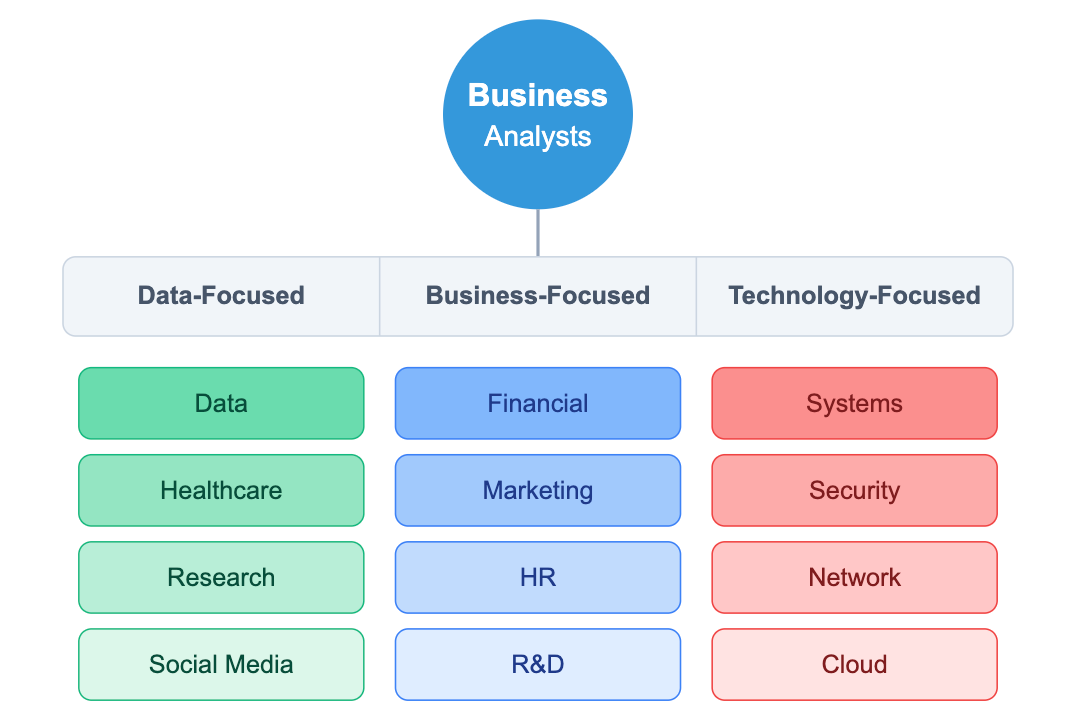Imagine this: You're feeling unwell, and your brother notices something is off. He asks if he can help, and you request a glass of water. While this is a clear request, it might not fully address your underlying need—unless you've just returned from a week-long trek through the desert!
Now, consider a different scenario: You tell your mother that you're cold and thirsty. Instead of just bringing water, she gives you a warm blanket and a glass of lemonade—offering a solution that better meets your actual needs.
This simple analogy illustrates the critical role of a Business Analyst (BA). They don’t just respond to requests; they analyze, identify true needs, and find the best solutions. But defining a BA’s role isn't straightforward. There are various types of BAs, and different industries view this role differently. However, at its core, a great Business Analyst is someone who:
Takes ownership of projects beyond their formal responsibilities.
Proactively identifies what needs to be done instead of waiting for instructions.
Puts heart and soul into their work, making a tangible impact.
Ensures that both businesses and technical teams work towards the right solutions.
This makes a Business Analyst an invaluable asset—whether in a corporate setting or a fast-paced startup.
The 75% Rule: An interesting insight from BABOK states that 75% of project problems occur due to misunderstandings in the first 15% of the project. Therefore, BABOK recommends that business analysts devote an above-average amount of time to the initial phase of the project - which may sound counterintuitive, but significantly increases the chances of overall success.
Different Types of Business Analysts
Business analysis is a broad field with various specializations. Here are some of the most common types of BAs:
Business Analyst (BA): Focuses on identifying business needs and designing solutions, whether through process changes or IT implementation.
Data Analyst: Specializes in gathering and analyzing large data sets to provide actionable insights.
Financial Analyst: Examines financial trends and provides investment or budgeting recommendations.
Marketing Analyst: Analyzes customer and market data to optimize marketing strategies.
Systems Analyst: Works on designing and implementing IT systems that align with business needs.
Security Analyst: Ensures information security and protects against cyber threats.
HR Analyst: Studies workforce data to optimize human resource management.
Healthcare Analyst: Analyzes data related to healthcare quality, costs, and outcomes.
R&D Analyst: Researches new products, technologies, and innovation strategies.
Social Media Analyst: Monitors and evaluates social media trends and engagement.
Research Analyst: Conducts studies and interprets data to guide decision-making.
Each of these roles contributes uniquely to an organization's success, but all share a common goal: using analysis to drive better decisions and outcomes.
An alternative approach to categorizing the work of a Business Analyst is to divide it into three key segments:
Data Focus: Involves analyzing and interpreting data to drive informed business decisions.
Business Focus: Centers on understanding business needs, processes, and strategies to deliver value.
Technology Focus: Bridges the gap between business requirements and technical solutions to ensure successful implementation.
In conclusion, Business Analysts bring value by connecting data, business needs, and technology. By looking at their work through these three areas—data focus, business focus, and technology focus—companies can better understand their role and make the most of their skills.
Key Takeaways: The Role of a Business Analyst
Beyond Requests—Identifying True Needs: Business Analysts don’t just respond to requests; they analyze and uncover the real needs behind them, ensuring the best solutions are implemented.
Proactive & Impactful: Great BAs take ownership, act proactively, and ensure that both business and technical teams work towards the right goals.
Different Types of Business Analysts: Business Analysis spans various specializations, including Business, Data, Financial, Systems, Marketing, and Security Analysts—each playing a unique role in business success.
Three Key Focus Areas:
Data Focus – Analyzing and interpreting data for informed decision-making.
Business Focus – Understanding processes and strategies to drive value.
Technology Focus – Connecting business needs with technical solutions for seamless implementation.
Final Thought
Business Analysts bridge the gap between data, business needs, and technology, making them a crucial asset in any organization. Understanding their diverse roles and contributions helps businesses maximize their impact.
Join Analyst Harbor today and start enhancing your business analysis skills! We look forward to welcoming you to our community. 😊





